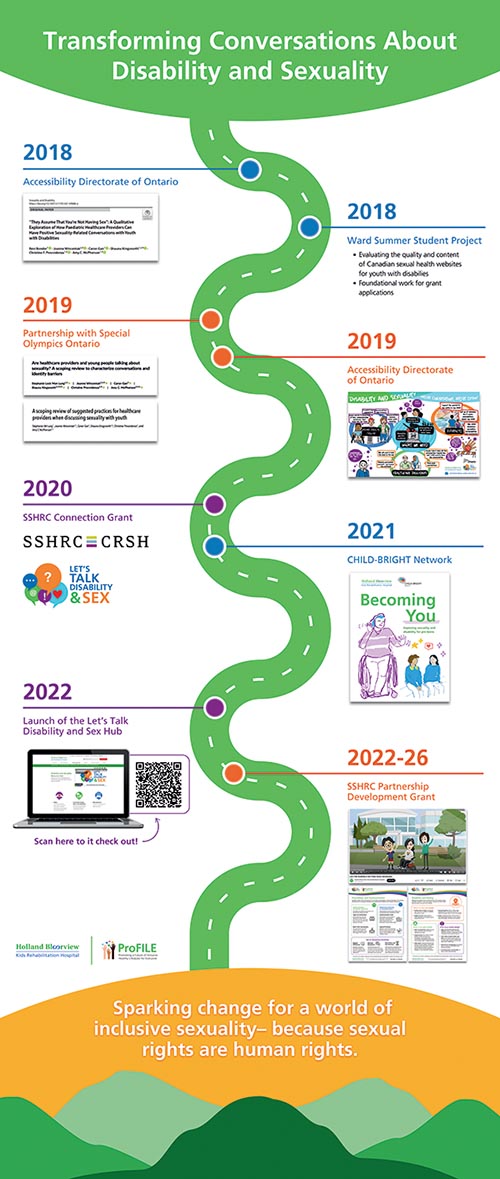On this page, you will find materials from talks and past seminars hosted by our team at the Bloorview Research Institute. The presentations on this page will be of interest to youth with disabilities, caregivers, researchers, service providers, educators, and community organizations. Stay informed and engaged with our curated collection of expert presentations and watch out for future installments of our KNEDS series.
Knowledge Network of Expertise in Disability & Sexuality
The Knowledge Network of Expertise in Disability & Sexuality (KNEDS) was created to build connections and exchange knowledge across Canada. KNEDS webinars bring together disabled youth, caregivers, scholars, educators, service providers and community organizations. Webinars feature speakers who talk about their area of expertise related to disability and sexuality, followed by open discussion.
Send an email to profile@hollandbloorview.ca to be added to our invitation list.
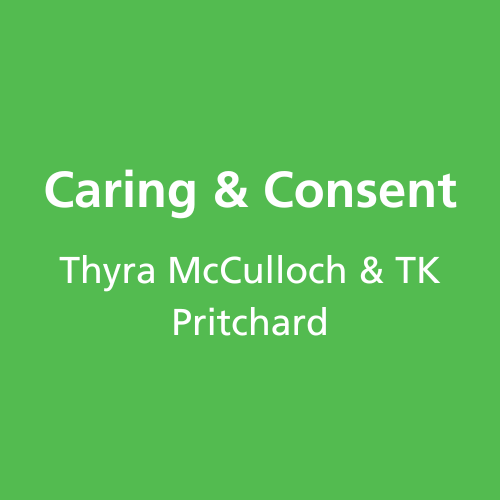 | Caring and Consent: Navigating Sexuality with Caregiver Support. November 18, 2025. This session explores the unique dynamics between disabled individuals and their attendants or caregivers when it comes to sexuality and care. Topics include communication, privacy, boundaries, and practical considerations like logistics and support. The goal is to ensure non-judgemental, inclusive care and equip attendants with tools and resources to provide responsible support. Presented by Thyra McCulloch, an inclusive sex and relationship therapist, and TK Pritchard, a nonprofit leader and advocate. Both bring lived experience as queer, disabled community builders and educators. |
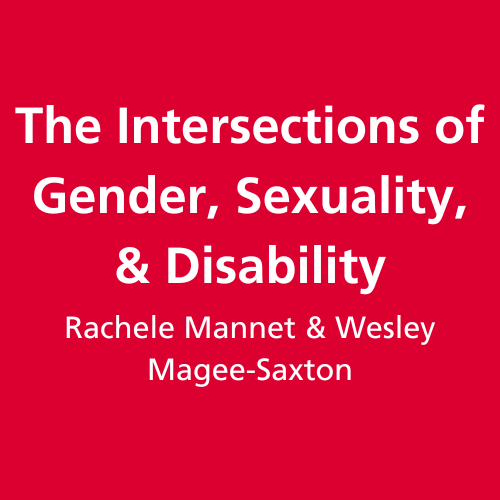 | Exploring the Intersections of Gender, Sexuality, and Disability. July 8, 2025. This session explores the intersections of gender, sexuality, and disability in an informal, inclusive discussion. Whether you're navigating these questions personally, supporting someone else, or simply looking to learn, this event offers space to listen, reflect, and connect. Presented by Rachele Manett, a queer and disabled educator, certified therapeutic recreation specialist, and host of That Sex Show on AMI-tv, and Wesley Magee-Saxton, a queer, disabled actor, activist, and writer nominated for a Canadian Academy Award. Both work to create authentic conversations about disability and access through education, advocacy, and the arts. |
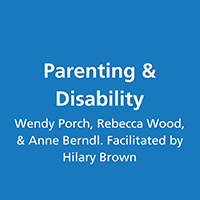 | Parenting and Disability: Navigating Pregnancy, Parenting, and Support Networks. March 4th, 2025. People with disabilities are often left out of conversations about sexuality and parenting. This webinar bridges that gap by exploring the experiences, challenges, and available supports for parents with disabilities and those considering parenthood. Our expert panel discusses equitable access to information, affirming care, and the importance of peer support. Speakers include Wendy Porch, Executive Director of the Centre for Independent Living in Toronto (CILT) and a parent with a disability; Rebecca Wood, Coordinator of the Parenting with a Disability Network (PDN); and Dr. Anne Berndl, Founder of the Accessible Care Pregnancy Clinic at Sunnybrook Health Sciences Centre. The discussion is facilitated by Dr. Hilary Brown, Canada Research Chair in Disability & Reproductive Health and Associate Professor at the University of Toronto. |
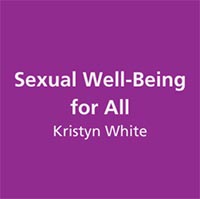 | Sexual Well-Being for All: A Caregiver’s Role in Supporting Individuals with Intellectual & Developmental Disabilities. October 15th, 2024. Kristyn, a researcher, facilitator, and advocate, shares insights on how caregivers can support children and youth with intellectual and developmental disabilities (IDD). This session debunks common myths and stereotypes, offers practical strategies for supporting sexuality, and features personal stories from Kristyn's experiences as a frontline caregiver. Kristyn also highlights "Tell It Like It Is," an innovative sexual health curriculum designed for people with IDD. This webinar is an excellent resource for professionals working with individuals with disabilities and anyone interested in learning more about sexuality and disability. |
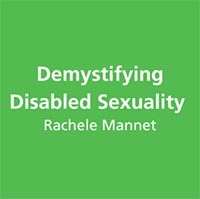 | Demystifying Disabled Sexuality: Implementation in Practice - Rachele Manett. June 11th, 2024. Join Rachele for a candid conversation about supporting disabled youth in exploring sexuality. In this seminar, we discuss some common topics that come up when working with disabled youth and answer the questions you’ve been nervous to bring up, or just haven’t had a place to ask. Rachele Manett (they/she) is a queer and disabled educator, certified therapeutic recreation specialist (CTRS), and the host of That Sex Show on AMI-tv. Their work focuses on sexuality, disability and access, and they are currently the education coordinator for Venus Envy; an education-based sex shop and bookstore with locations in Halifax, Nova Scotia and Ottawa, Ontario. |
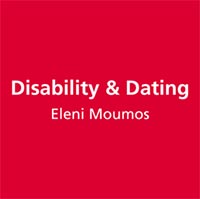 | Disability and Dating in the Digital Age - Eleni Moumos. March 19th, 2024. In this KNEDS seminar, Eleni Moumos, undergraduate student at the University of Calgary, shares a recent paper written in collaboration with Dr. Alan Santinele Martino on disability and online dating. This content analysis explores how disability is constructed in disability-focused dating websites and sparks important considerations for service providers who support disabled youth. |
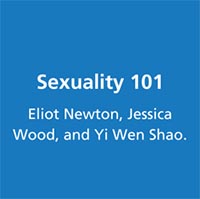 | Sexuality 101 - Eliot Newton, Dr. Jessica Wood, and Yi Wen Shao. May 30th, 2023.
Eliot Newton shared about their work with the Canadian Centre for Gender and Sexuality Diversity, including the development of a toolkit designed to help sexual health educators each sex-education in an inclusive, intersection, and inspiring way. Jessica Wood and Yi Wen Shao shared about their work with the Sex Information & Education Council of Canada (SIECCAN) on identifying gaps related to sexual health education for disabled youth, developing guidelines for sexual health promotion for autistic and disabled youth. |
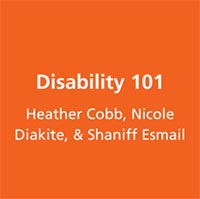 | Disability 101 - Heather Cobb, Nicole Diakite, & Dr. Shaniff Esmail Heather Cobb from Alberta Health Services shares about her current and past efforts to bring sexual health education to disabled youth. Shaniff Esmail from the University of Alberta shares about barriers faced by disabled youth when accessing sexual health education. Nicole Diakite, executive director of Nunavummi Disabilities Makinnasauqtiit Society, spoke about indigenous perceptions of disability in the context of inuit culture, specific to Nunavut. |
The 19th annual Bloorview Research Institute symposium
In November 2024, the BRI held its 19th annual Symposium, Innovating for Global Impact: 20 years of transforming childhood-onset disability research with families and communities. To showcase the ProFILE Lab’s innovative journey, led by Dr. Amy McPherson, we created a roadmap of the sexuality work done in the lab.
Please click on the image to download the full size display (PDF).
For more information on the BRI Symposium, visit the webpage here.
A Connection Day to discuss sexuality and young people with disabilities
Our team at the Bloorview Research Institute hosted a virtual connection day on April 28, 2021 that brought together young adults with disabilities, parents of children with disabilities, healthcare providers, educators and researchers. Click here (PDF) to access the event booklet.
The aim of this day was to:
- Share research on sexuality and disability
- Generate new research questions and identify poorly understood problems
- Create accessible resources to help start conversations about sexuality and disability
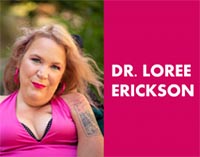 | Early Intimate Relationships- Dr. Loree Erickson Working with lived experience, activist cultural production, and academic research, this talk introduces some of the ways that dominant ideologies surrounding sex/uality and disability result in numerous barriers and structural practices that undermine and determine the collective worth and well-being of disabled communities. Dr. Loree Erickson uses the concept “Cultures of un/desirability” to do this work. Dr. Loree Erickson highlights a few of the key interrelated aspects and impact of cultures of undesirability particularly on disabled youth in the early years. |
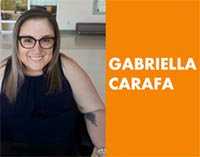 | Early Intimate Relationships- Gabriella Carafa As a person with lived experience of disability and a registered social worker, Gabriella knows how important it is to have conversations about sexuality and relationships. In this talk about early intimate relationships, Gabriella reflects on how her lived experience has shaped the way she facilitates conversations, provides education and supports young people and their caregivers to increase their comfort level on the topic of sexuality and relationships. Gabriella reflects upon how early social experiences can help with navigating intimate relationships, communication and expressing sexual needs. |
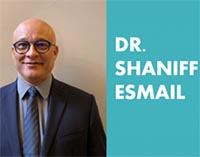 | Meaningful sexual lives and sexual rights- Dr. Shaniff Esmail Sexuality is an essential part of who we are and what we do. Physical and cognitive disabilities can potentially affect sexuality adjustment and create concerns surrounding healthy sexual expression. Sexual health programs tend to orientate around harm-reduction, leaving significant aspects unaddressed. When it comes to developing a strong sense of self and rich, intimate lives, individuals with disabilities continue to exist on the margins. Although there are no recipes when dealing with sexuality and disability, this talk attempts to bring about a greater awareness of the barriers faced by researchers and service providers and suggest strategies in promoting healthy sexual expression for young people with disabilities. |
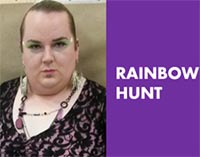 | Meaningful sexual lives and sexual rights- Rainbow Hunt Rainbow is a transgender woman with an intellectual and learning disability. Rainbow talks about how it is important for all people to have positive spaces where they feel safe in their sexuality. Many resources are not available to people if they cannot get to downtown Toronto because of distance and transportation costs. People are often isolated due to a lack of resources and social supports, especially people who identify as LGBTQ+. Rainbow talks about how to create spaces for people to celebrate who they are and feel like they are a part of a community, specifically discussing a grassroots community collective called Rainbow’s Pride In Scarborough. |
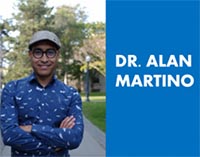 | Multiple and Converging Identities- Dr. Alan Martino This talk shares the results of a systematic review addressing the juncture between disability and sexualities, illuminating the unique challenges that LGBT+ disabled people face when exploring their sexuality, establishing relationships, and remaining sexual. Similarly, a small interview study suggests that, because of social isolation, restrictions, and surveillance, participants are often unable to access spaces that allow intimate relationships to flourish. This work sheds light on the consistent experiences of invisibility, exclusion, and lack of support for LGBT+ disabled people. Future studies should make space for the array of sexualities among disabled people by exploring their narratives, experiences, and perspectives. |
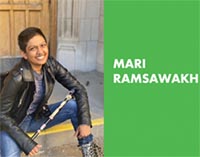 | Multiple and Converging Identities- Mari “Dev” Ramsawakh Mari “Dev” draws from their own experiences living as a racialized, non-binary, and queer disabled person to explain the complexities of having a relationship to their own sexuality as a multiply marginalized person. Mari gives examples from their life as to how an understanding of intersectionality is essential to provide the appropriate resources, tools and information required to have a healthy empowered sense of sexuality. |
